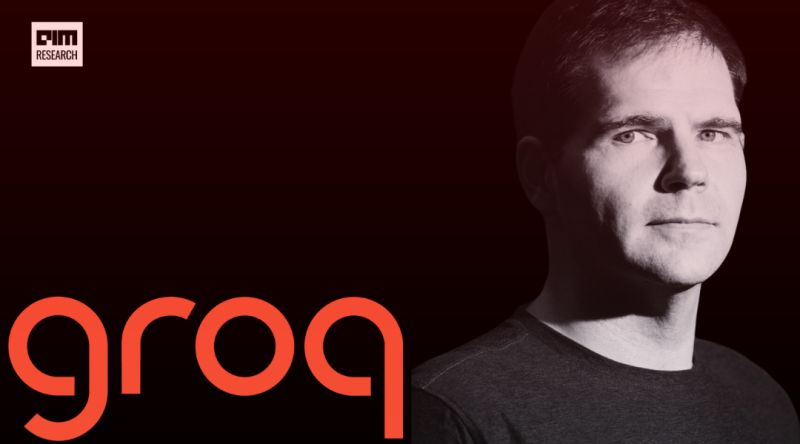U.S.-based AI chip startup Groq is reportedly in the final stages of securing a $600 million funding round that would push its valuation to $6 billion, doubling from just nine months ago. The round is being led by Austin-based VC firm Disruptive, with potential participation from Saudi AI firm Humain, which may also help Groq expand in the Middle East through a revenue-sharing agreement.
Groq was founded in 2016 by Jonathan Ross, a key engineer behind Google's original TPU (Tensor Processing Unit). The company is known for its Language Processing Unit (LPU) architecture, designed to perform AI inference at ultra-high speeds and low cost. Unlike NVIDIA chips that are widely used for training models, Groq's hardware is optimized for inference tasks, boasting performance gains of 10–100x over traditional GPUs and TPUs on certain workloads.
In its previous funding round in August 2024, Groq raised $640 million from backers including BlackRock, Cisco, Samsung, and Neuberger Berman, at a valuation of $2.8 billion. If completed, the new round would bring Groq's total capital raised to over $2 billion.
However, the funding comes amid some financial headwinds. Groq recently cut its 2025 revenue forecast from $2 billion to $500 million, citing delays related to insufficient data center capacity needed to deploy its chips. A company spokesperson noted that part of the revised revenue will be deferred to 2026, particularly from a $1.5 billion deal with Saudi Arabia.

Despite the forecast revision, Groq projects a sharp rebound. Internal financial documents seen by The Information show expected revenues of $1.2 billion in 2026 and $1.9 billion in 2027, largely driven by direct hardware sales.
Groq is also expanding its cloud AI services, offering fast LLM inference powered by its LPU chips. A popular demo recently showcased Groq generating 500 tokens per second, more than 10 times faster than ChatGPT-3.5 running on NVIDIA GPUs. The company claims 10x performance with one-tenth the power consumption, translating into a 100x efficiency advantage.
Groq's cloud business remains loss-making in 2024, with an estimated $40 million in revenue and $64 million in expenses, but it expects to reach operating profitability in 2025, generating nearly $200 million in revenue.
Recent strategic partnerships—including with Bell Canada and Meta—have further expanded Groq's footprint. The company also unveiled its first European data center in Finland to support growing demand.
As global demand for AI infrastructure soars, Groq is positioning itself as a serious alternative to NVIDIA, though challenges remain. Competing with dominant players while scaling globally will require not just capital—but also sustained technological and operational execution.
+86 191 9627 2716
+86 181 7379 0595
8:30 a.m. to 5:30 p.m., Monday to Friday
